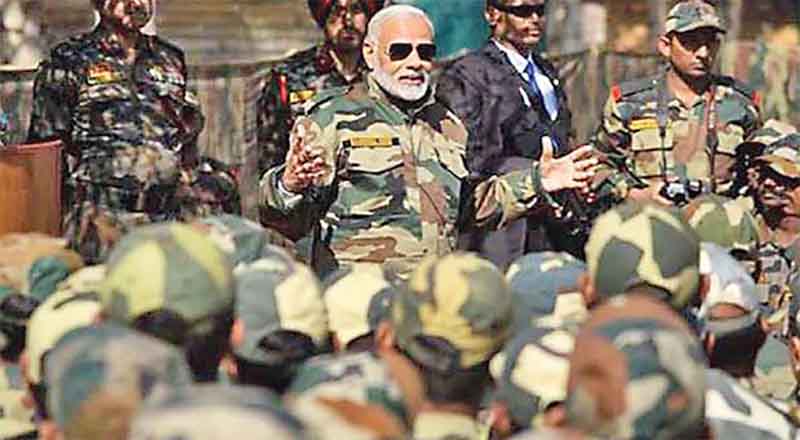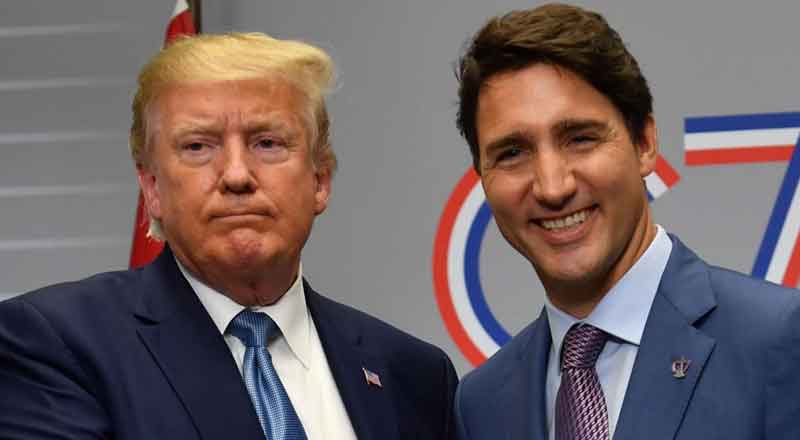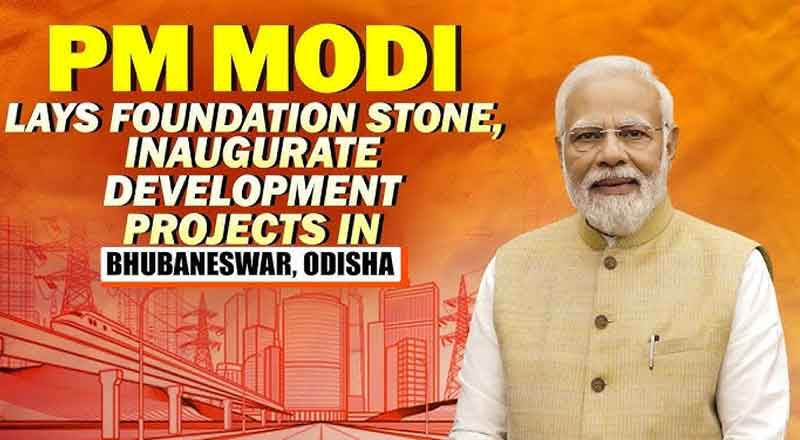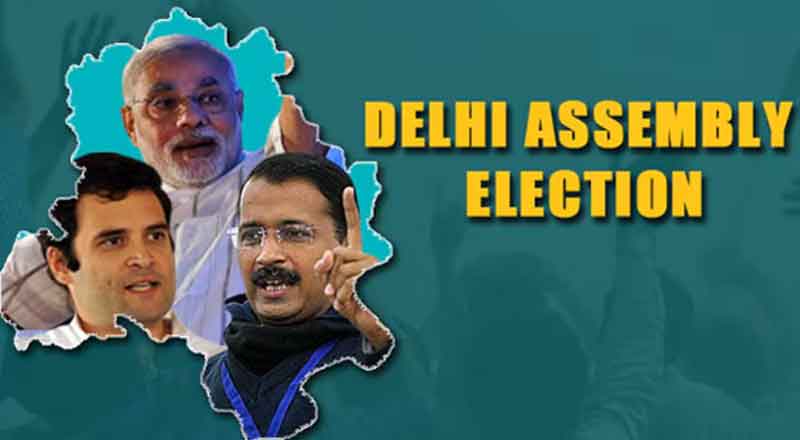The consistent and mistaken disregard of India’s security by progressive governments has consistently been an objective of steady discussion by columnists and lawmakers for quite a long time. Autonomous India’s legislators viewed as this issue shameful of their time on the grounds that, up until this point, it was anything but a ‘vote-getting’ issue for an open distracted with roti, kapda, makan and of late, employments and agrarian pain. Since their need was endurance and satisfying of the vote banks, legislators were glad to leave the higher administration of safeguard and security for the most part to the organization and commit themselves to electioneering.
Be that as it may, the previous barely any months have seen an emotional move, with national security becoming the dominant focal point in political decision talk. Since party pronouncements give little consolation, it is not yet clear whether the demonstration of worry for national security is real and suffering or just a vote-accumulating gadget. Having been pushed into the spotlight, the military must wind up baffled and thwarted; given many years of political disregard and the present condition of common military relations.
The core of common military relations, all around, is to guarantee that warriors stay in their sleeping enclosure and forgo meddling or taking an interest in household legislative issues and administration. This is best accomplished by executing ‘non military personnel control’ of the powers, practiced straightforwardly by chose agents. Tragically, this standard was subverted post-autonomy. As per American researcher George Tanham, “The job and status agreed to the military, in India, is an away from of an unequal common military condition.” He follows its underlying foundations to head administrator Jawaharlal Nehru’s pacifism and an enemy of military frame of mind. Nehru additionally sustained a fear of military upsets and ignored the military, downsizing its administration versus the police and government employees.
This Nehruvian inheritance has endure progressive systems. Despite the gathering in power, national security has remained at the base of need records and the military initiative keeps on being intentionally rejected from basic leadership. Changes have been slowed down and military modernisation prevented by small spending plans and a listless administration.
The previous five years have, in any case, seen the rise, of some new and apparently opposing marvels. On one hand, the way toward minimizing the status of the military has quickened, toppling the settled relativities with the organization, police powers and even subordinate administrations, humiliating the military as well as hitting resolve and operational viability. Simultaneously, traces of political support have served to disrupt the official corps with doubts about renumeration deals being struck.
The most genuine advancement, notwithstanding, identifies with the presumption of possession and credit for military activities and their consideration in political race crusading by ideological groups.
Usually, military tasks particularly those by the Special Forces–represent themselves and are once in a while promoted. While governments may honestly assume acknowledgment for requesting military activities, it is when ideological groups boldly abuse them for votes and individual magnification that the plot begins unwinding.
The immature and not well educated political and media banter about the 2016 cross-outskirt attacks and the February 2019 air strikes trivialized difficult issues as well as weakened the message of correctional discouragement that India expected to pass on. Similarly harming was the open observation that serving officials were offering expressions to conform to a ‘partisan principal’.
Our expert and, up until this point, unopinionated military serves the Constitution through dutifulness to justly chose regular citizen office-holders, without demonstrating inclination for any ideological group or taking divided positions. Disguised by the Indian military, this standard is a mainstay of India’s vote based framework and has guaranteed a quiet exchange of intensity after each broad political race. A politicized military, faithful to one ideological group or the other, could well beginning taking an interest in fanatic governmental issues. Allocation of military accomplishments by legislators could trigger a turn around process, whereby goal-oriented commanders begin starting military tasks to please government officials – a terrifying plausibility.
Most definitely, they have indistinguishable rights and benefits from private residents. They may present with think tanks, take part out in the open discussion and even contribute military ability to political crusades. Be that as it may, they have to stay aware of two actualities: the Constitution concurs them the benefit of utilizing military positions in unendingness and a solid umbilical line interfaces them to serving fighters. Along these lines, when bemedalled veterans, brandishing ritzy tops, are seen saluting or kneeling before lawmakers, they communicate something specific of subservience that negates our pleased military convention.
Essentially, ideological groups, anxiously enrolling veterans, without a long-enough cooling period, can’t yet impart antagonistic signs to serving faculty about the advantages of procuring political ‘associations’ from the get-go in one’s profession.
For the wellbeing and endurance of the Indian vote based system, it is crucial to keep our fine military unopinionated and non-divided. Misusing the military for temporary political favorable position conveys the genuine danger of making a Praetorian beast in our middle.
Do the trick to state that despite the fact that national security has consistently been a political issue and has had a play in decisions, the ones who grumble the most intense are the individuals who are forced to bear this issue. That is either on the grounds that they have flopped on this front, or in light of the fact that their adversaries have prevailing with regards to catching and consuming the point.
There is obviously some indigestion over what is being known as the politicization of the military. Be that as it may, this again is the same old thing. Sometime in the past the military were viewed as supporters of the great old gathering.
Today it shows up the situation is reversed and an enormous piece of the soldiery will in general consider the To be as articulating its reasoning substantially more heartily than some other gathering. For whatever length of time that the politicization doesn’t meddle with or upset the inner rationality and hierarchy of leadership of the military, it ought to be viewed as just an effort to a significant voting public. All things considered, warriors and their families are likewise voters.





